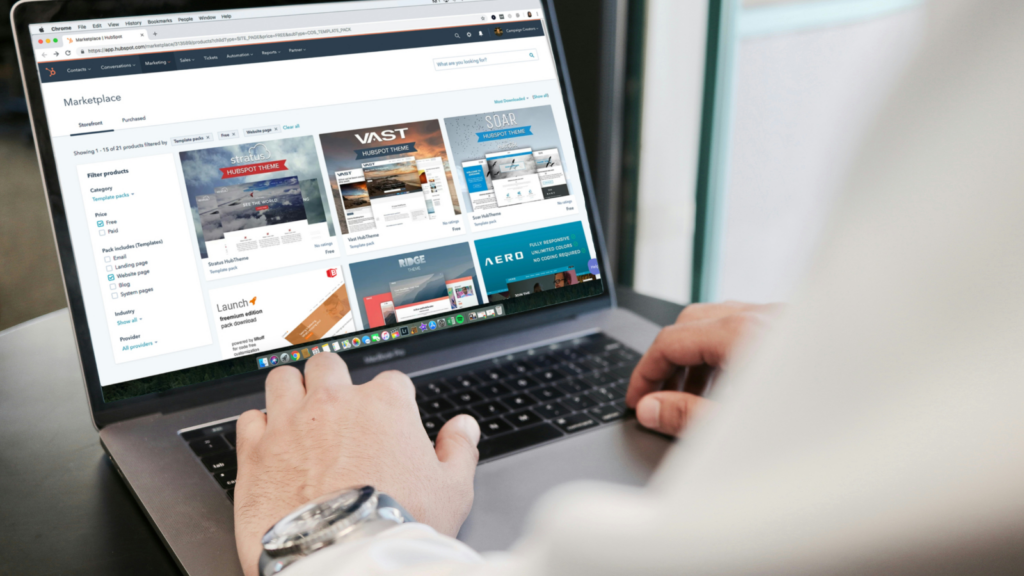In the digital age, privacy has become a luxury that’s increasingly hard to come by. This is especially true when it comes to web hosting. But what if there’s a way to maintain your online presence without compromising your anonymity? Welcome to the realm of anonymous hosting.
Whether you’re a whistleblower, a privacy-conscious business, or simply someone who values their digital privacy, anonymous website hosting could be your next best move. Let’s explore this intriguing facet of the online world together.
Web Hosting Anonymously
The anonymous site hosting approach guarantees a higher degree of privacy. It operates by minimizing the collection of personally identifiable information. This method prioritizes two factors: the name and location of the web host server remain undisclosed. The host server, an integral part in a website’s functionality, receives information from the shared data without revealing the identity of the user. Strict privacy policies enforce anonymity, providing a safeguard for user’s personal information.
Pros and Cons of Secret Web Hosting
As part of our examination into the various facets of confidential web services, let’s delve into the advantages and potential pitfalls of such an approach.
Benefits
Concealed web hosting presents multiple benefits. Foremost, it provides a heightened degree of privacy protection, minimising access to personal information and churning out anonymity at every step. Examples include, but not limited to, eliminating requirements of revealing personal contact information during domain registration and shrouding server details, thus maintaining confidentiality embedded in this method.
Equally important, it bolsters security. By maintaining anonymity, one can often avoid targeted attacks, as hackers might struggle to pinpoint the specific location or owner of a site. Instances are frequently reported of attackers being deterred due to inability to identify server or site details.

However, negatives are echoed alongside the positive reverberations. Unsurprisingly, the first issue indicates towards legality. With anonymity comes unintended cover for unlawful online activities. This broad umbrella of confidentiality can inadvertently or intentionally protect such users, making it a double-edged sword.
Moreover, while the freedom of speech factor is a significant advantage, it opens up pathways for potential misuse. This means controversial or harmful content might wag its tail unchecked under this veil, putting serious societal implications at play.
Steps to Get Started Anonymously
Going anonymous requires deliberate decisions, from the choice of a hosting provider to the configuration of account settings. First, select a reliable hosting company that specializes in anonymity. Anonymous Hosting, AbeloHost, and DreamHost are all viable choices. Next, purchase the plan, typically using digital currencies like Bitcoin. Cryptocurrency transactions conceal your financial details, strengthening anonymity. Following that, secure your domain registration. Many anonymous hosting providers offer protected domain registration, keep it a priority. Lastly, setup your account details. Input pseudonymous data when necessary, avoiding the disclosure of private information wherever possible.
Setting Up Your Anonymous Account

Understanding how to properly shield one’s identity from external risks forms the crux of the privacy preservation process. Practices such as utilizing VPNs (Virtual Private Networks) for anonymous browsing, deploying secure HTTPS (Hyper Text Transfer Protocol Secure) websites, and regulating the use of cookies tracking user behaviors, all contribute to enhanced online obscurity. Services like Cloudflare’s DNS over HTTPS reduce data leakage possibilities, anchoring website anonymity. Additionally, incorporating end-to-end encryption safeguards the data in transit, curtailing unauthorized information access.
Navigating the digital landscape with anonymity isn’t an elusive dream anymore. Anonymous hosting has emerged as a robust solution for those prioritizing privacy. It’s a tool to keep personal data under wraps and server details confidential. Companies like AbeloHost, DreamHost, and Hostinger are stepping up, offering services that support this anonymity. With the right practices – VPN usage, secure HTTPS websites, and regulated cookie tracking – one can enhance their online obscurity.
